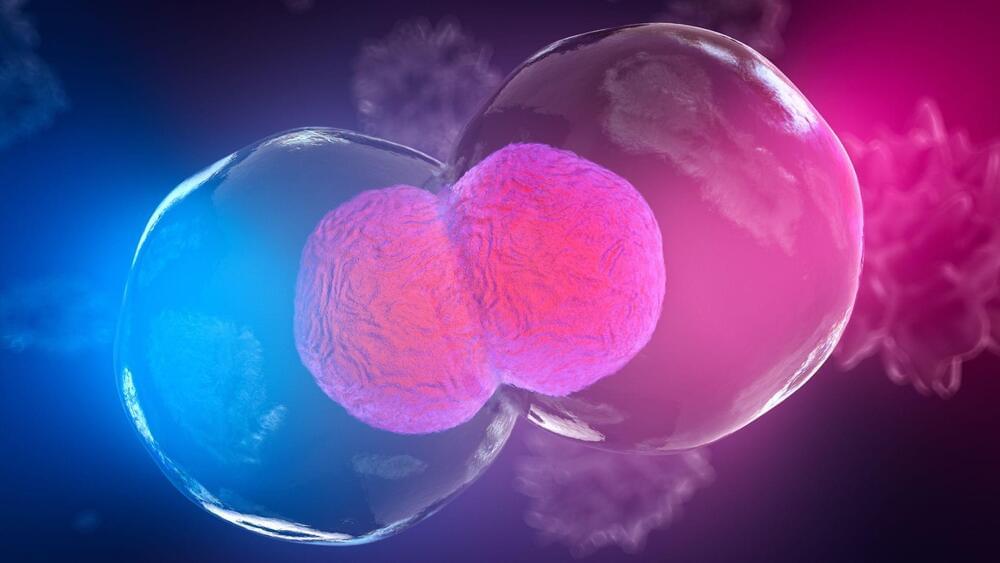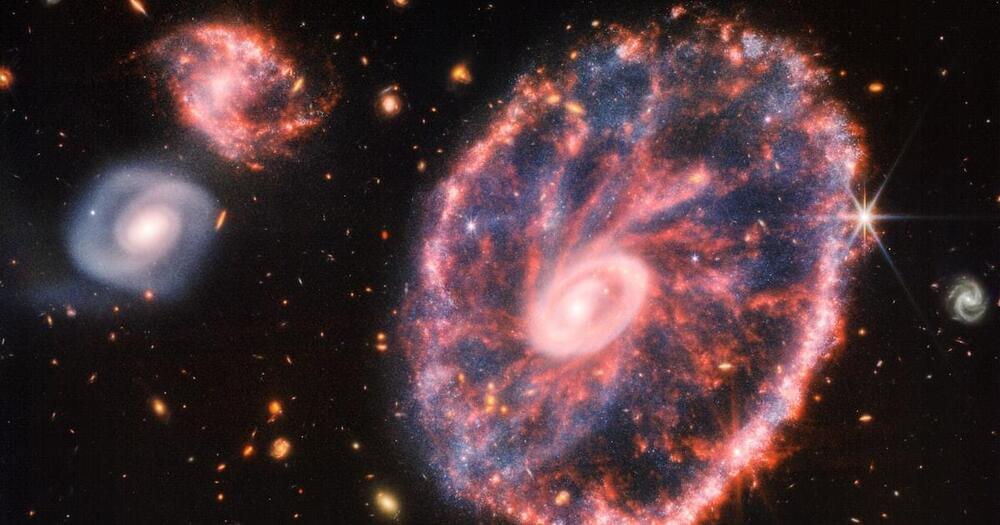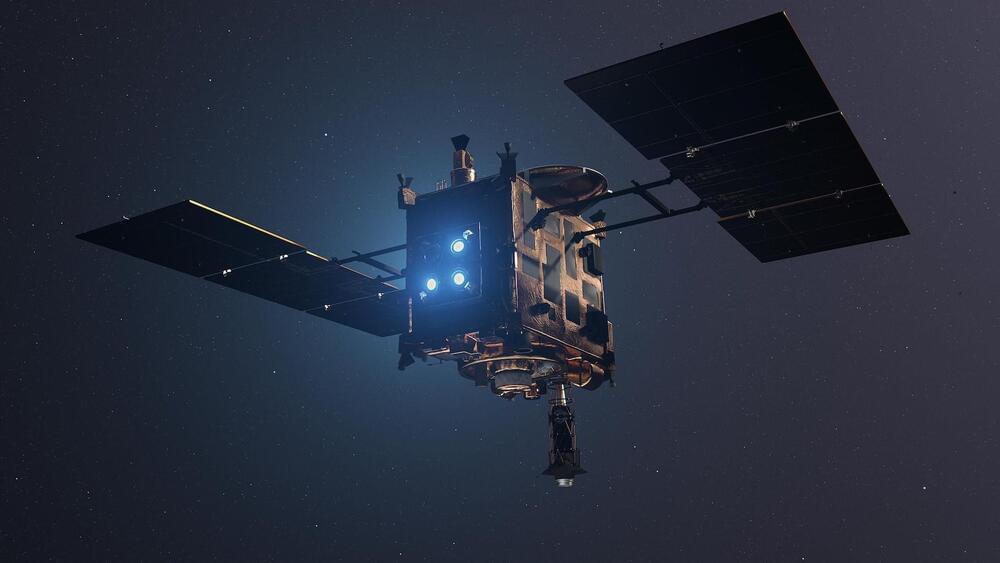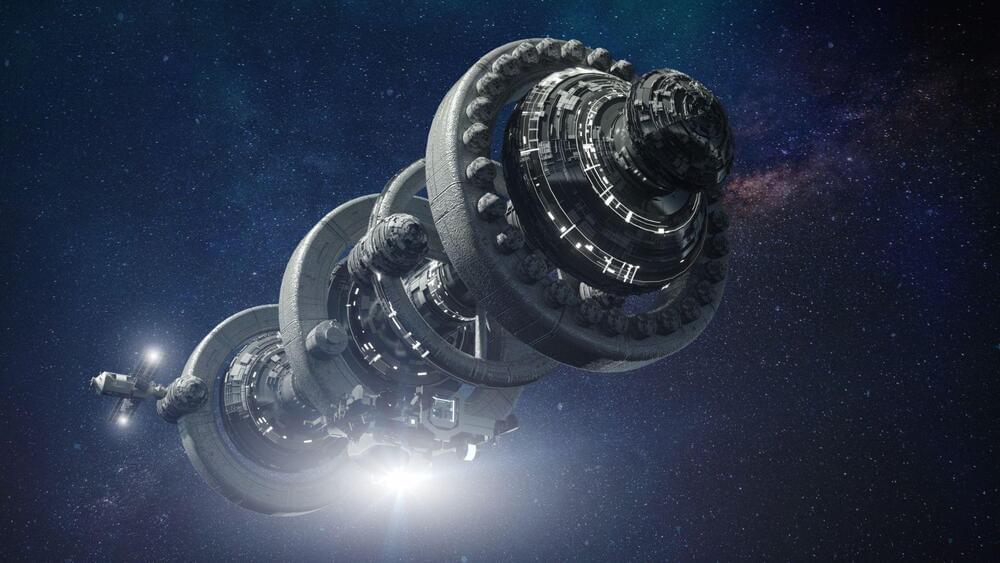
Achieving a long-sought goal of regenerative medicine.
Researchers from the University of California, San Francisco, (UCSF) engineered molecules that function as “cellular glue,” enabling them to precisely direct how cells bond with each other. This is a significant step toward regenerative medicine’s long-term goal of creating new tissues and organs, according to a press release.
Adhesive molecules are naturally present in the body and keep the tens of trillions of cells together in organized patterns. They build neural networks, develop structures, and direct immune cells to specific areas of the body. Adhesion also makes cell communication easier to maintain the body functioning as a self-regulating whole.


















